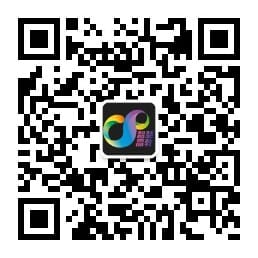《农业经济管理》(全英文)课程,以“农业概述”“农业经济与管理”“农业经济管理前沿”为关键词和逻辑主线,构建课程内容的主要知识。课程主要内容涵盖农业的定义、农业的综合价值、农业与食物体系、农业与工业的关系,中国传统农业、世界农业的模式和格局,中国农业农村基本经营管理制度变迁,中国“三农”问题、中国农村土地产权制度变迁、中国农民合作组织、农业农村与环境、农业与农村的可持续发展。旨在帮助学生建立对农业本质的基本认知,扎根中国“三农”国情,基于国际比较视野,构建农业经济管理知识体系框架。同时培养学生“知农、爱农”之心,激发学生“为农”而学。更向国际传播推广中国传统农业的精华和农业农村可持续发展的优秀宝贵经验,树立文化自信。
What are the main content of the course?
The ‘Agricultural Economics and Management’course, take ‘The Introduction of Agricultural’, ‘Agricultural Economics and Management’ and ‘Frontiers of Agricultural Economic Management’ as the key words and logical main lines to construct the main knowledge content of the course. The main content of the course covers the definition of agriculture, the comprehensive value of agriculture, the relationship between agriculture and food systems, agriculture and industry, traditional Chinese agriculture, the constellation and pattern of world agriculture,the evolution of China agricultural and rural basic operation and management systems, the issues concerning agriculture, rural areas and peasants, the evolution of China's rural land property system,farmer cooperatives in China,agriculture,countryside and environment,and the sustainable development of agriculture and rural areas. It aims to help students establish a basic understanding of the nature of agriculture, take root in China's ‘agriculture, rural areas and peasants’ national conditions, and build an agricultural economic management knowledge system framework based on an international comparison perspective. At the same time, students will be cultivated with the heart of ‘understanding and loving agriculture and peasants’ and be inspired to ‘learn for serving agriculture and peasant’. It also spreads the essence of traditional Chinese agriculture and the excellent and valuable experience of sustainable agricultural and rural development of China to the world to build the self-confidence in culture.


